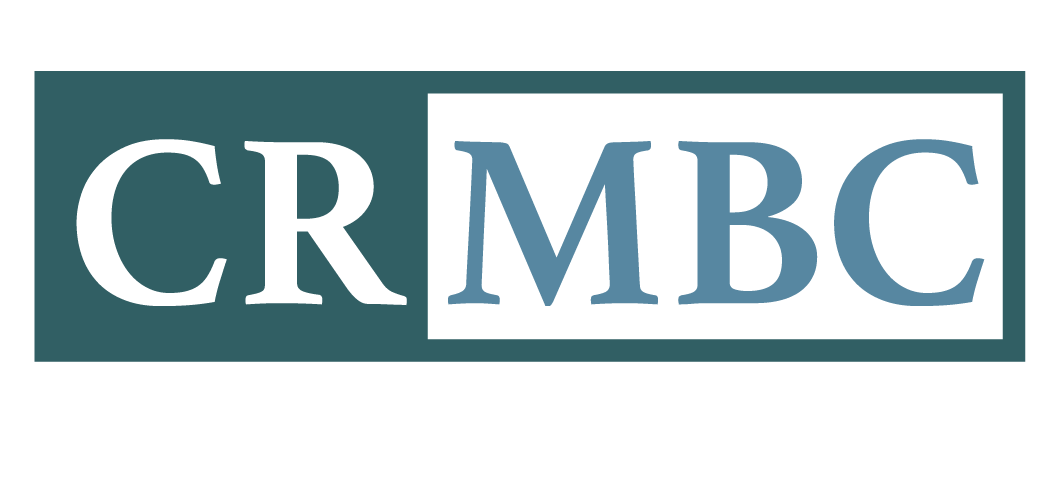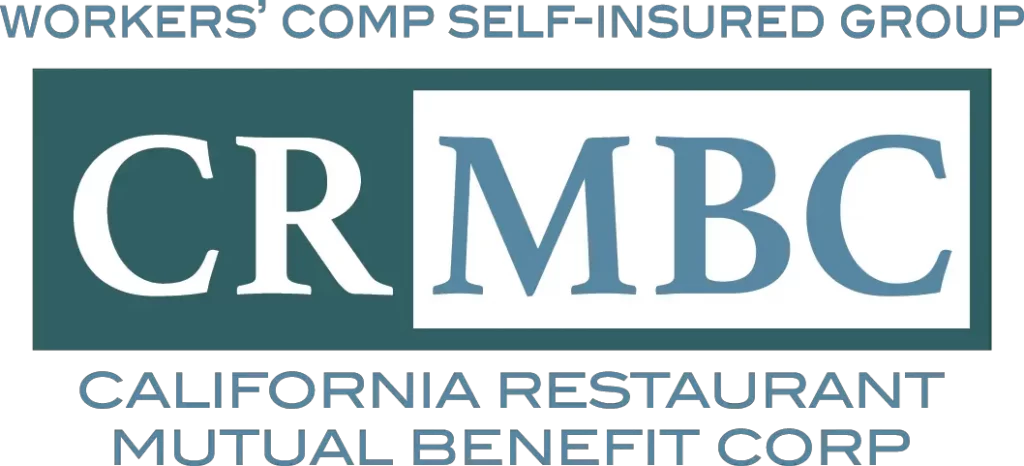Author: Kaya Stanley, Board Chair and CEO, CRMBC
In a recent podcast, we explored the complex world of the Private Attorney General’s Act (PAGA) with Michael Adreani, a seasoned partner at Roxborough Pomerantz Nye and Adriani. With 25 years of experience in employment law, Michael provides a deep dive into how PAGA impacts California employers and offers strategic insights into navigating its challenges.
From Noble Intentions to a Legal Labyrinth
Introduced in 2003, PAGA was designed to empower employees to sue for labor code violations on behalf of the state, addressing California’s limited enforcement resources.
“PAGA allowed employees to act as private attorneys general, which was a well-intentioned measure to enhance labor law enforcement,” Adreani explains. However, this system has evolved in ways that pose significant challenges for employers, often complicating the legal landscape.
Michael Adreani sheds light on the difficulties employers face under PAGA. One major issue is the law’s allowance for employees to stack claims, even if they haven’t directly suffered from all the alleged violations. “An employee can represent others under PAGA for violations they haven’t personally experienced, as long as they’ve suffered at least one,” he notes. This can lead to substantial legal and financial burdens for businesses, especially with the inability to enforce arbitration agreements. “The state isn’t a party to any arbitration agreement between an employer and an employee, making PAGA claims exempt from such agreements,” Adreani adds, highlighting a critical loophole complicating employer defense strategies.
“To further illustrate the absurdity of some PAGA claims,” Adreani shares, “there have been cases where claims that would normally be barred by the statute of limitations are still pursued under PAGA, putting an additional strain on employers who must defend against outdated allegations.”
Mastering PAGA Challenges and Protecting Your Business
Adreani emphasizes the importance of maintaining robust employment policies and practices to manage and mitigate the risks associated with PAGA claims effectively. “Regular updates and thorough training on employment policies are crucial. It’s not just about having these policies in place; it’s about active enforcement and clear communication with your team,” he advises. This proactive approach is vital in safeguarding businesses from potential claims and enhancing compliance.
Adreani further discusses the significance of transparency and accountability in handling PAGA claims. “Ensuring that your employment practices are not only compliant but transparent and subject to regular review is essential for mitigating the risks associated with PAGA,” he suggests.
“Examples of PAGA misuse, such as employees suing for minor or even absurd violations, underscore the need for employers to be meticulous in compliance. A common example is employees suing for lack of suitable seating, which, while minor, can lead to significant settlements,” Adreani explains, emphasizing the gravity of even the smallest oversight.
Reforming PAGA: Legislative Changes Provide Some Hope
Looking ahead, there is a glimmer of hope for reform. “There’s potential legislation on the ballot that could revise PAGA to be more balanced, offering some relief to employers,” suggests Adreani. He underscores the importance of business owners engaging in legislative advocacy to support such changes, which could lead to a more equitable environment for managing employment disputes.
“The landscape of PAGA is ever-evolving, and staying informed about these changes is crucial for every California employer,” Adreani concludes, pointing out the dynamic nature of employment law and the importance of being proactive rather than reactive.
Our conversation with Michael Adreani offers a rich overview of PAGA and its significant impact on California’s employers. By understanding the origins, challenges, and strategic responses to PAGA, employers can better navigate this complex legal framework. As we look to the future, active participation in advocacy and informed decision-making will be key to shaping a more favorable legislative landscape.
For more insightful conversations with insurance industry leaders subscribe to our podcast.

Kaya Stanley is an attorney, published author, business owner, and highly sought-after strategic turnaround expert. Ms. Stanley serves as CEO and Chairman of the Board for CRMBC, the largest restaurant workers’ compensation self-insured group in California, and she is the Licensee for TEDxReno, an independently organized TEDx Event.
Throughout her 22 years of practicing law, Ms. Stanley has served as outside counsel for Wal-Mart and Home Depot. She was voted one of the country’s “Top 25 OZ Attorneys” by Opportunity Zone Magazine and published a best-selling book called “The Employer’s Guide to Obamacare.” Before that, she earned her master’s degree in social work and public policy, after which she worked with at-risk girls in Detroit and lobbied for women and families.








